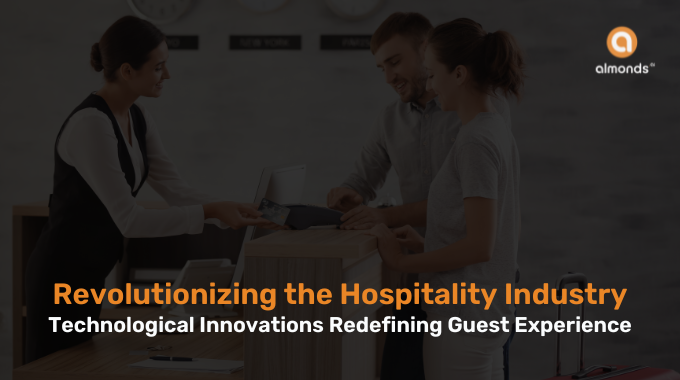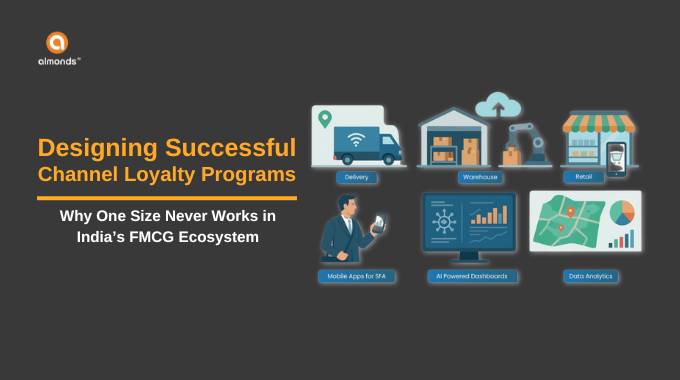The hospitality industry, traditionally known for personalized service and luxurious accommodations, is undergoing a digital transformation. Fueled by today’s tech-savvy guests, hotels are embracing a wave of technological advancements to redefine the guest experience, streamline operations, and secure a competitive edge. A recent study by the [Association Name] underscores this trend, highlighting the importance of tailoring technology adoption to specific guest preferences.
The research reveals a key finding: Catering with Tech. Consumer attitudes towards restaurant technology vary greatly depending on demographics and service segments (full-service, limited-service, and delivery). In the Association’s first look at restaurant technology integration since 2016, and especially considering the post-pandemic landscape, the data indicates a clear strategy for success: Match your technology investments to the customer base you serve.
1. Digital & Location-Based Marketing
In a hyper-connected world, digital marketing has become indispensable for hotels seeking to attract and engage customers. Emphasizing the importance of online promotion and location-based marketing, hotels are leveraging social media platforms, digital loyalty programs, and search engine optimization (SEO) techniques to enhance their visibility and reach a wider audience. With the advent of voice search technology, hotels are optimizing their online presence to ensure they remain discoverable to prospective guests seeking accommodation options.
2. Loyalty and Rewards Program Systems
Investing in loyalty and reward programs has emerged as a strategic imperative for hotels looking to foster long-term relationships with guests. Studies show that a significant percentage of consumers actively participate in loyalty programs, appreciating the cost savings and personalized benefits they offer. With a whopping 70% of quick-service customers using apps to order, hotels are incorporating smartphone apps into their hotel loyalty programs. It reflects a shift towards mobile integration for convenience and customer engagement.
3. Back-Office Technologies
Behind the scenes, hotels are embracing advanced back-office technologies to streamline operations and enhance efficiency. From payroll and finance management to tax compliance and food safety protocols, investing in integrated back-office systems is essential for ensuring seamless operations and regulatory compliance.
With over 50% of operators planning to invest in technology for back-office automation, hotels are poised to enhance their operational efficiency and drive business growth.
4. POS System Innovations
Innovations in point-of-sale (POS) systems are revolutionizing the guest experience and transforming the way hotels handle transactions. The adoption of contactless and mobile payment technologies has gained momentum, offering guests a convenient and secure payment experience.
Additionally, modern POS systems support features such as online ordering and mobile check-in, empowering guests to customize their experience and streamline the payment process. With 65% of limited-service customers preferring self-service electronic kiosks, hotels are integrating self-service solutions into their POS systems to speed up ordering and payment processes, further enhancing the guest experience.
In Conclusion
As technology continues to evolve, hotels must remain agile and adaptive to stay ahead of the curve in an increasingly competitive landscape. By embracing digital marketing strategies, investing in hotel loyalty programs, leveraging back-office technologies, and embracing POS system innovations, hotels can enhance guest satisfaction, drive operational efficiency, and achieve sustainable growth. With these technological techniques at their disposal, hotels are well-positioned to navigate the challenges of the modern hospitality industry and deliver exceptional experiences that keep guests coming back for more.






